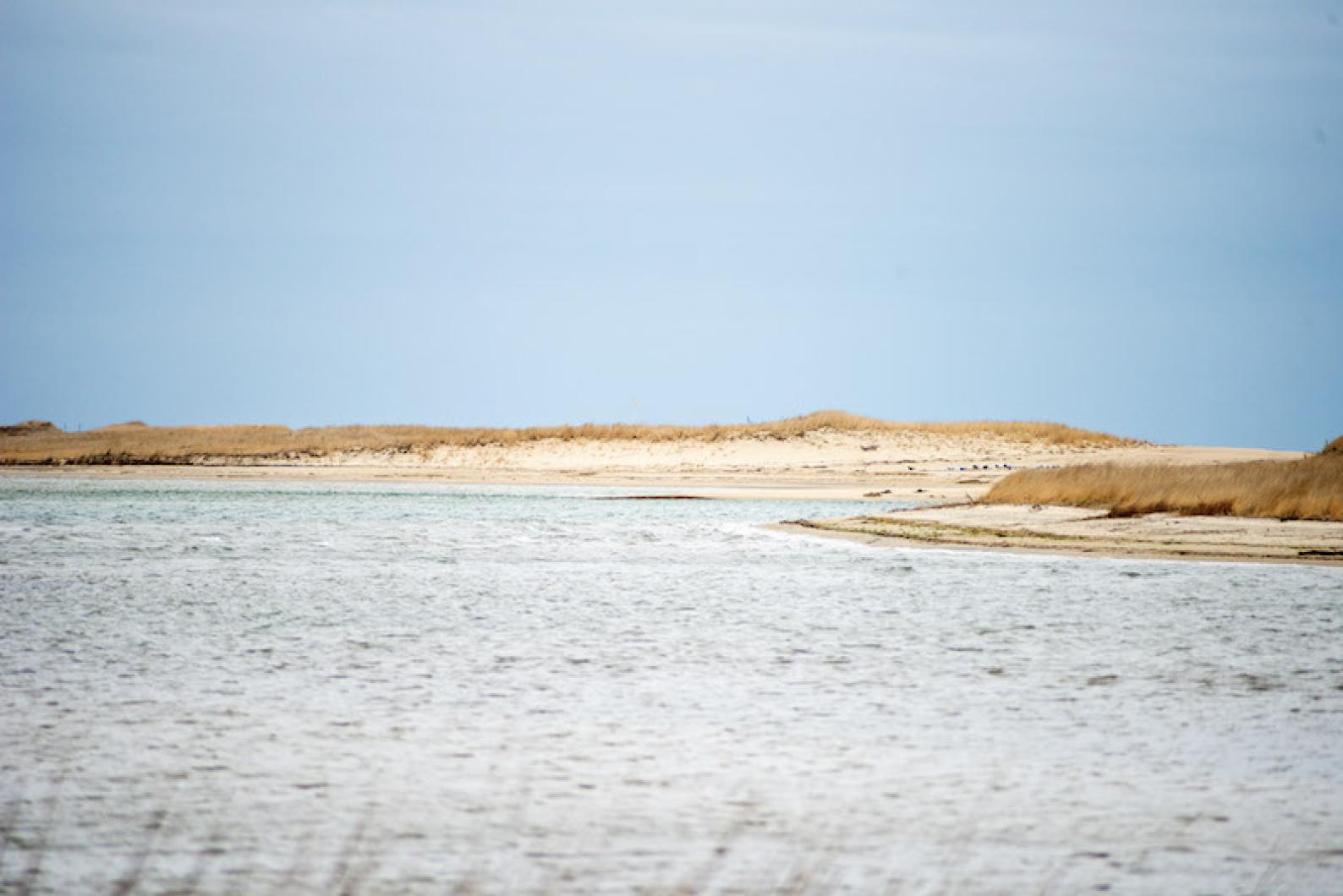The Martha’s Vineyard Commission will see its operating go up in the coming fiscal year, from $1.8 million to just over $2 million, an overall increase of 11 per cent from 2022.
Legal fees are a factor, with the MVC still in superior court over the Meeting House Way subdivision and more recent litigation with the Harbor View Hotel, chief fiscal officer Curt Schroeder told commissioners at their meeting last Thursday.
Commissioners voted to adopt the 2023 budget, which runs from July 1, 2022 through June 30, 2023. Total town assessments from the seven towns in Dukes County will increase from $1.25 million to $1.36 million. Commission funding comes primarily from town assessments, as wells as grants and other sources. The town of Gosnold (the Elizabeth islands) only pays for planning work, while the six Island towns pay for regulatory and planning work.
Town assessments are calculated using a formula based on real estate valuations. Assessments for the coming year are as follows, according to Mr. Schroeder’s work sheet:
Aquinnah, $44,993; Chilmark, $202,964 Edgartown, $562,098; Gosnold, $8,255; Oak Bluffs, $201,499; Tisbury, $178,954; West Tisbury, $166,626.
The regional planning commission was formed by an act of the state legislature in 1974, and is vested with unique powers to plan and regulate development.
MVC salaries and payroll are projected at $1.5 million for the coming year, according to a budget worksheet circulated at the meeting. The commission has are 12 full-time employees, including an executive director, administrative staff, and nine planners.
Legal expenses are budgeted at $195,000 for the coming year, nearly double the amount budgeted in 2022, but Mr. Schroeder also said the commission will recover $100,000 in legal fees from insurance in the Meeting House litigation.
In August 2020, the commission denied a plan to develop 54 acres off Meeting House Way in Edgartown, after extensive public review as a development of regional impact (DRI). The two Utah-based developers for the project subsequently appealed in Dukes County superior court.
The case is currently marked up for a bench trial for this coming June.
More recently, in September 2021 the Harbor View Hotel sued the commission over a set of strict conditions for approval of a spa expansion at the Edgartown hotel. The litigation has been the subject of several executive sessions at the commission.
“I do not think we are at the end of our litigation trail,” commission chairman Joan Malkin said on Thursday night as legal expenses were discussed.
Commissioner Fred Hancock noted that legal fees are historically difficult to project from year to year.
“Those numbers go up and down depending on what legal activities we are drawn into,” Mr. Hancock said. “We try to do it in response to our real expenses instead of laying down money in case we get sued,” he added.
Longtime commission Linda Sibley said litigation can sometimes come with the territory for planning agencies.
“When my husband was on the West Tisbury planning board, someone said at one point, if we’re not getting sued, we’re probably not doing our job,” Ms. Sibley said.
In other business Thursday, water quality planner Sheri Caseau gave a presentation on work the commission is doing to collect data on the health of the Island coastal ponds. The commission recently launched an interactive website to display some of the information. Ms. Caseau spoke about ongoing work to collect samples and chart nitrogen levels in the ponds, whose ecosystems she described as in various stages of health, from excellent to poor.
She also spoke about ongoing work to stem the pollution, including piloting enhanced nitrogen-removing septic systems and installing permeable reactive barriers, also a pilot program.
The presentation was part of an ongoing series of presentations by staff members to commissioners.







Comments (3)
Comments
Comment policy »